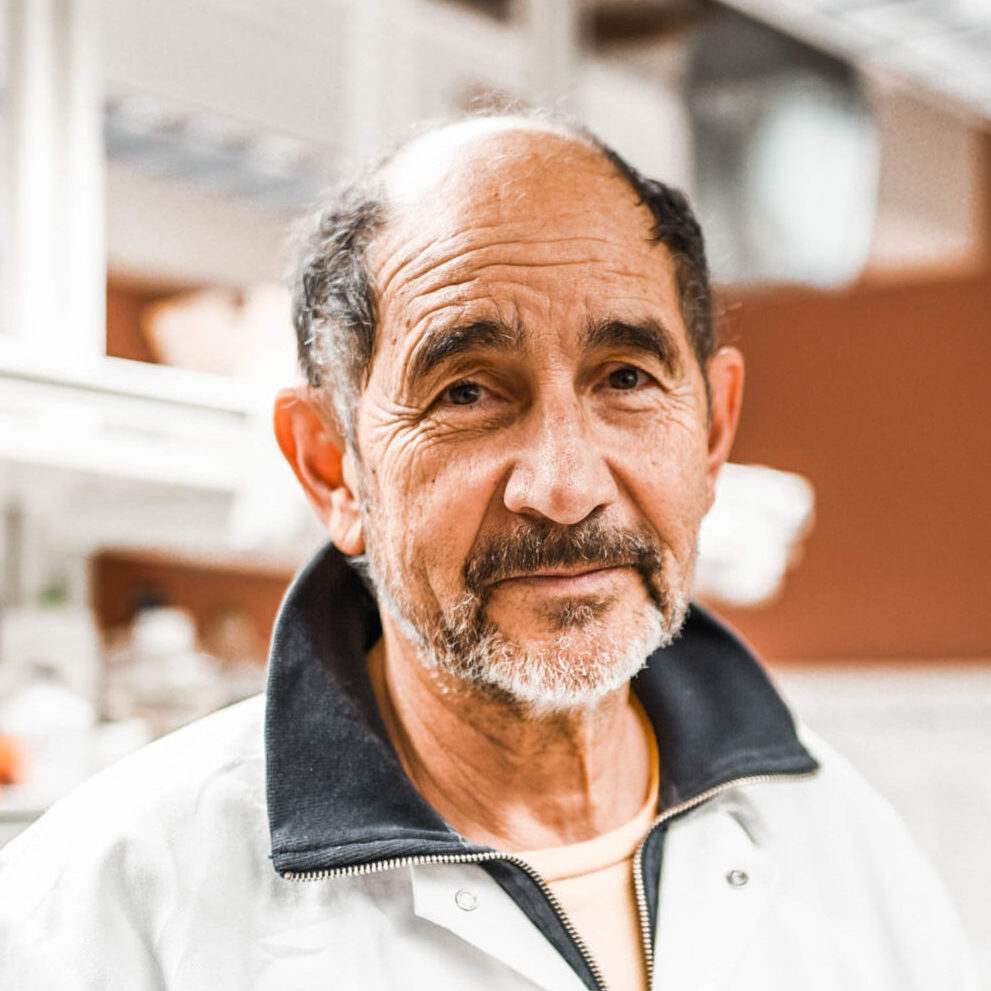Course
Course Description
The sustainable food market is poised for rapid growth as consumers increasingly prioritize reducing the environmental impact our food systems and improving animal welfare. This class serves as a vibrant hub where students engage directly with entrepreneurs, companies, venture capitalists, and leading organizations in the sustainable food sector, gaining a comprehensive understanding of this fast-evolving industry. Through immersive, hands-on learning, students engage deeply with the principles of food science, animal welfare and sustainable agriculture, applying their expertise to the design and development of cutting-edge food products and solutions. Working in teams, they tackle real-world challenges and create high-impact innovations, laying the groundwork for potential startups. The program emphasizes animal-free, health-conscious design and sustainability, equipping graduates to launch successful ventures or join top companies in the sustainable food industry.
Application
Due to the nature of this class topic, it is highly recommended that students have a strong background in biological sciences, chemistry, chemical engineering or related disciplines. Students from other backgrounds who are interested in the class topic are also welcome to apply as we will form interdisciplinary teams. Unfortunately, we can only admit very few students with a non technical major because innovation on plant based foods is becoming technically very complex. In order to form the class with the appropriate mix of students, all students must fill out an application and submit a resume and 1-page Statement of Intent including why you want to be in the class. If you are interested in enrolling, please submit the application (link below). As we near the start of the semester, the instructor will review applications on a rotating basis and you will be notified via email if you have been admitted or not. If admitted, you will be given permission to enroll.
About Challenge Labs
Challenge Labs are 4 unit courses for students of all academic backgrounds who seek a rigorous, interactive, team-based, and hands-on learning experience in entrepreneurship and technology. These courses use a unique pedagogy, The Berkeley Method of Entrepreneurship, that involves the use of games, industry guest speakers, team exercises, videos and labs to cover the early part of the startup lifecycle. In these highly experiential courses, students form start-up teams to create technology solutions or services to address a broadly-defined problem posed by an industry partner or social challenge.
Video
Introducing Team Sundial
Hear from team Sundial, a startup that started in the SCET Alt Meat Challenge Lab.
Instructor

Ricardo San Martin
Ricardo is an inventor and entrepreneur in chemical and biological sciences. As a professor of entrepreneurship and innovation, Ricardo teaches at the Sutardja Center for Entrepreneurship and Technology and is the Co-founder of the Alt.Meat Program at UC Berkeley. Ricardo was also the Founding Director of the Master of Design P. at the Universidad Catolica de Chile. Ricardo has a Ph.D. in Biotechnology from the Imperial College London and has a M.S. in Chemical Engineering from UC Berkeley.

Sarah Klass
Sarah is a Postdoctoral Researcher at the Keasling Lab, UC Berkeley where she is working on engineering polyketide synthetases (PKSs) to bio-manufacture small molecule monomers that can be polymerized into recyclable 3D plastics. With a chemistry and chemical biology background, her focus has been on chemically and genetically modifying natural protein structures for advanced material functions. During her Ph.D. in the Francis lab at UC Berkeley, she studied the impact of sequence modification on intrinsically disordered proteins’ self-assembling properties to develop a new class of bioderived and biodegradable protein-based materials with unique functions.
